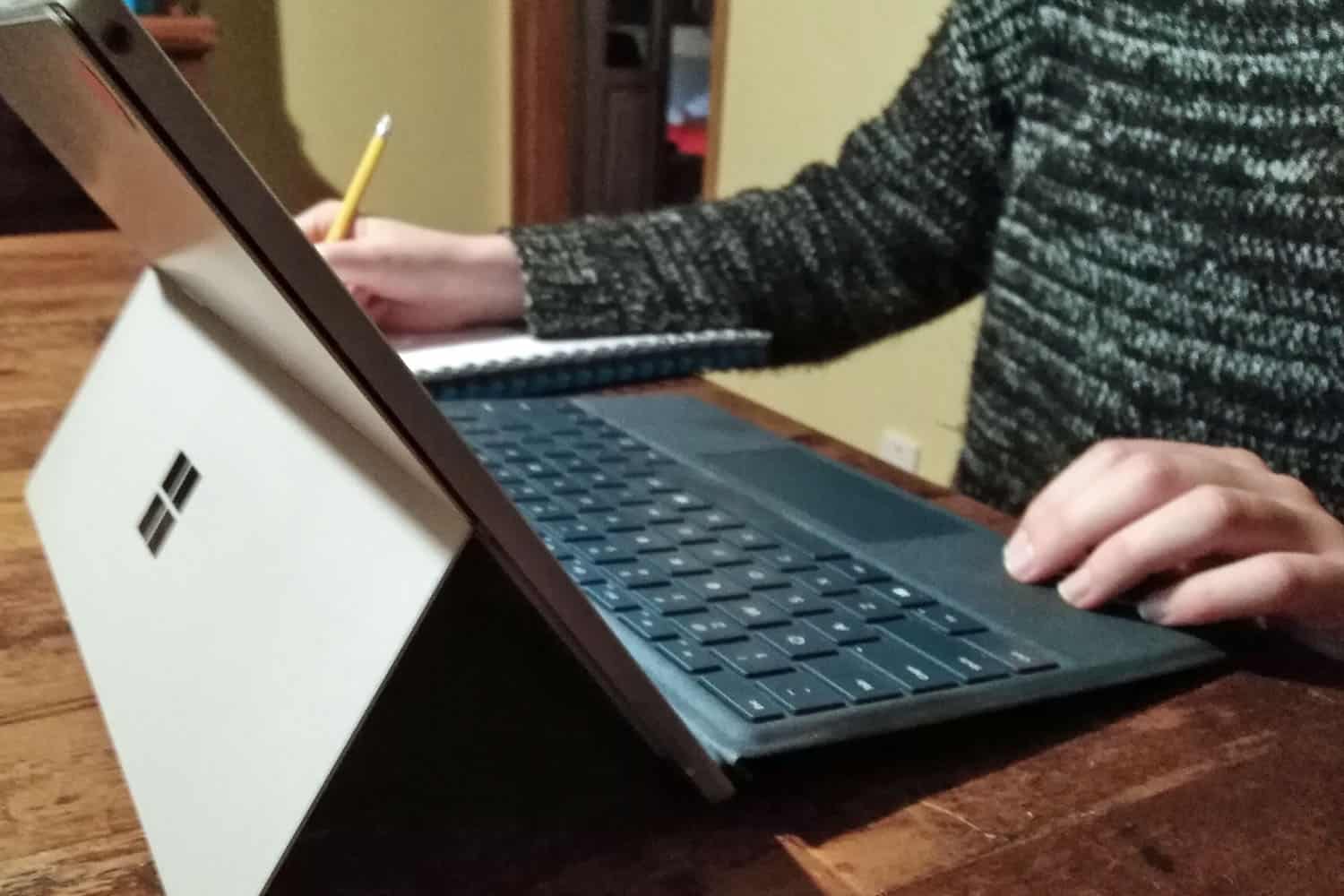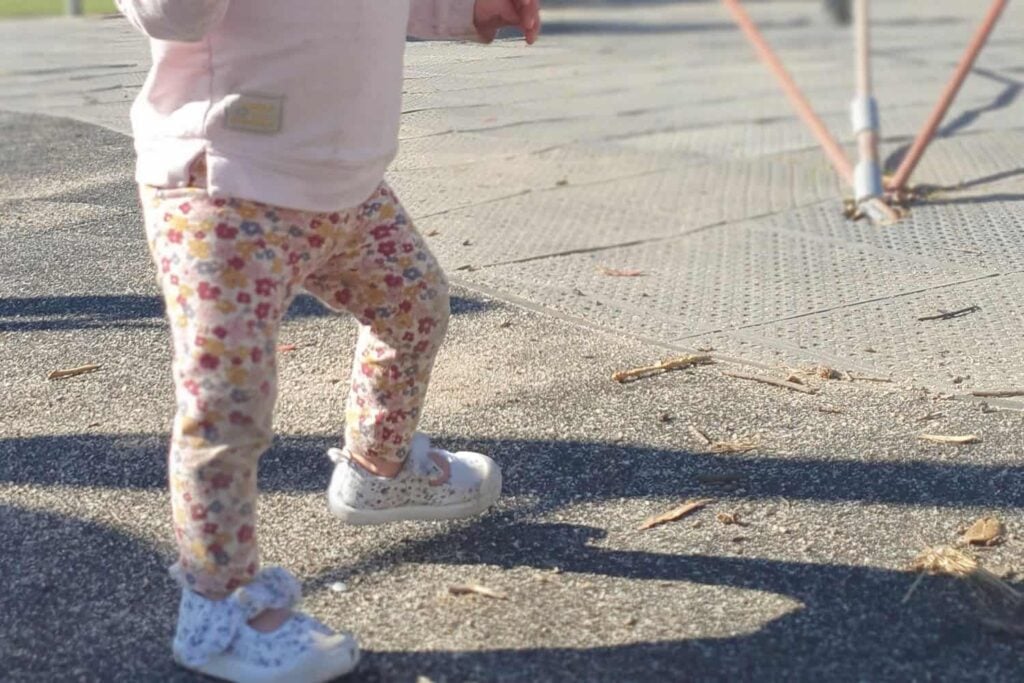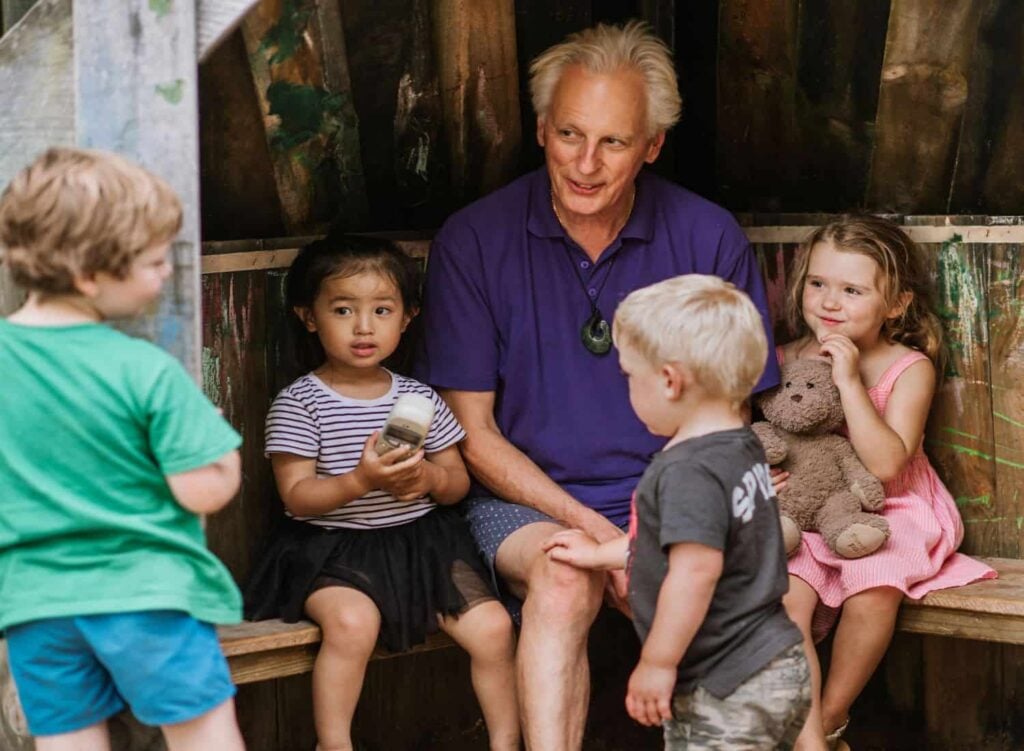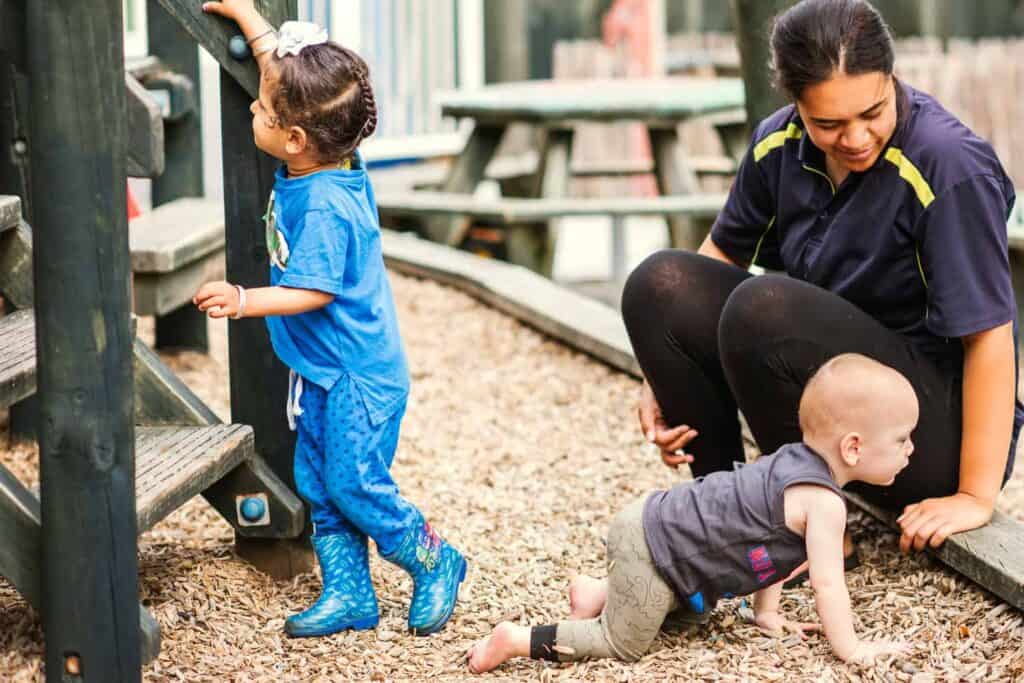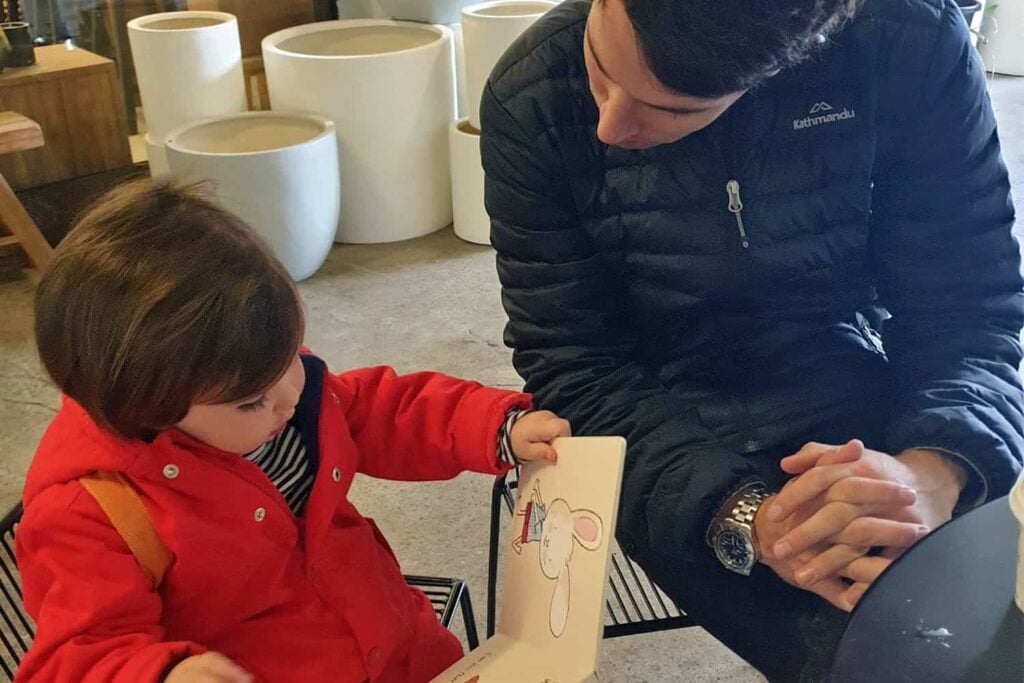The titles, authors and abstracts for papers published in the NZ Research in Early Childhood Education Journal, Volume 16, 2013 are shown below.
To read any article a member login is needed – join us if you are not already a member. Many libraries subscribe to the journal so you may be able to view articles through your library’s system.
To order a copy of any article (NZ $19.) and it will be emailed to you within 24 hours.
Original Research Methodology Paper
Becoming Cognisant of Research Informed by Kaupapa Maori in Early Childhood Education: Issues and Contexts
Yo Heta-Lensen (Ngapuhi) and Nicola Dunham
Te Whare Waananga o Wairaka Unitec Institute of Technology
NZ Research in ECE Journal, Vol. 16, 2013, pp. 1 – 14.
Key words: Kaupapa Māori knowledge; student teacher as researcher; action research; mana; mauri; wairua.
Abstract: This paper outlines tensions existing within student teacher self-study action research projects undertaken as a requirement of a Bachelor of Teaching (Early Childhood Education) at Te Whare Waananga o Wairaka Unitec Institute of Technology (Unitec). Whilst student teachers in our programme are expected to engage in Kaupapa Māori knowledge, the meaningfulness of this engagement is questionable for student teachers undertaking self-study action research. In response to these tensions a research framework is proposed which would serve to guide student teachers as researchers to engage more meaningfully with Kaupapa Māori knowledge. The framework draws on the seminal works of Rangimarie Rose Pere, Te Wheke, a celebration of infinite wisdom (1991), the bicultural curriculum for early childhood, Te Whāriki (Ministry of Education, 1996), and Te whatu pōkeka: Kaupapa Māori assessment for learning: Early childhood exemplars (Ministry of Education, 2009). The kaupapa Māori research principles of mana, mauri and wairua are related to the action research cycle, as outlined by Cardno (2003), with examples of these principles in action within the research process.
Original Research
Talking with Children When Using Prams While Shopping
Ken Blaiklock
Unitec Institute of Technology
NZ Research in ECE Journal, Vol. 16, 2013, pp. 15 – 28.
Key words: Language acquisition; parent-child interaction; child-directed speech.
Abstract: Children’s language development is influenced by the amount and quality of interactions that they are immersed in. This study investigated the parent-child interactions that occur when parents accompany young children in prams while moving between shops. Overall, minimal levels of interaction were observed between parents and children aged 0-3 years. Most children were transported in prams where they faced forward and could not see their parents, making interaction more difficult. Language interactions may be facilitated in prams where children face towards their parents but only a small number of prams with this design were observed. Support for the value of being able to face towards parents was seen in the higher frequency of language interactions that occurred when young children were transported in supermarket trolleys. Greater parental awareness of the importance of one-to-one language exchanges could increase the value of shopping excursions as a time for parent-child interaction.
Original Research
Bend Me, Shape Me, Anyway You Want Me: Constructing Teacher Identities Across Different Learning Paradigms
Janet Moles1 and Ninetta Santoro2
1Deakin University, Australia and 2Strathclyde University, Scotland
NZ Research in ECE Journal, Vol. 16, 2013, pp. 29 – 44.
Key words: Teacher education; early childhood; ethnic minority teachers; critical reflection.
Abstract: This article discusses one key finding from a qualitative study that investigated the experiences of overseas-born, ethnic minority early childhood pre-service teachers in New Zealand. Data were collected through interviews with recently graduated Bachelor of Teaching (Early Childhood Education) teachers and early childhood lecturers. Until they were supported to incorporate their cultural knowledges into their new learning, most graduate participants found there was little to which they could relate in the pedagogies and content of their teacher education courses. This article makes recommendations for the planning, preparation and delivery of early childhood teacher education.
Original Research
“They Took an Interest”: Student Teachers’ Perceptions of Mentoring Relationships in Field-based Early Childhood Teacher Education
Caterina Murphy and Jenny Butcher
Te Tari Puna Ora O Aotearoa/NZ Childcare Association
NZ Research in ECE Journal, Vol. 16, 2013, pp. 45 – 62.
Key Words: Associate Teacher; mentoring; field-based; teacher education; practicum.
Abstract: The focus of this paper is on the relationships and experiences of third-year field-based early childhood student teachers with their mentoring teachers in their usual centre of work and with their Associate Teachers whilst on practicum. It reports on data from the second phase of a larger multi-year study (which commenced in 2008), where ten of the original eleven student teachers were re-interviewed. Key themes emerged from the student teachers’ stories such as the importance of mentoring teachers taking an interest and being open and available. Student teachers also expected to be challenged, but supported within relationships that were respectful and authentic and to be part of cohesive teams, where relationships extend beyond the workplace.
Research Note – Original Methodology Paper
Observation: An Effective Research Tool or Rude Intrusion?
Chris Jenkin
AUT University, NZ
NZ Research in ECE Journal, Vol. 16, 2013, pp. 63 – 70.
Key words: Observation; action research; research practice.
Abstract: This article discusses observation as a method of collecting data in early childhood research. Observation has become a common mode of early childhood education practice, mostly to assess children’s learning, which has particularly become prevalent since the introduction of learning stories (Blaiklock, 2008; Carr et al., 2000). However, in my doctoral project observation as a tool for data collection raised several issues such as power and ownership. In this research note I will critique observation as a method of research and discuss the implications of this as a research practice.
Research Note
Omissions and Presuppositions in Kei Tua o te Pae: A Critical Discourse Analysis
Maureen Perkins
Unitec Institute of Technology
NZ Research in ECE Journal, Vol. 16, 2013, pp. 71 – 82.
Key words: Assessment; Learning Stories; pedagogy; Kei Tua o te Pae.
Abstract: This research note describes some of the findings from an analysis of three introductory booklets of “Kei Tua o te Pae”, an early childhood assessment practice resource produced by the New Zealand Ministry of Education. Analysis involved taking a critical discourse perspective to identify ways in which text was likely to persuade readers to ignore omissions and to accept without debate a particular assessment discourse. This result was in contrast to the stated purpose of the resource, which was to encourage informed discussion. Questions based on Gee’s (2011) inquiry tools were used as lenses for close reading of the introductory booklets from Kei Tua o te Pae. Three of these questions are described here, as are the findings from that part of the research, which suggest the ECE assessment discourses were changed at least in part through persuasion by omission and presupposition.


